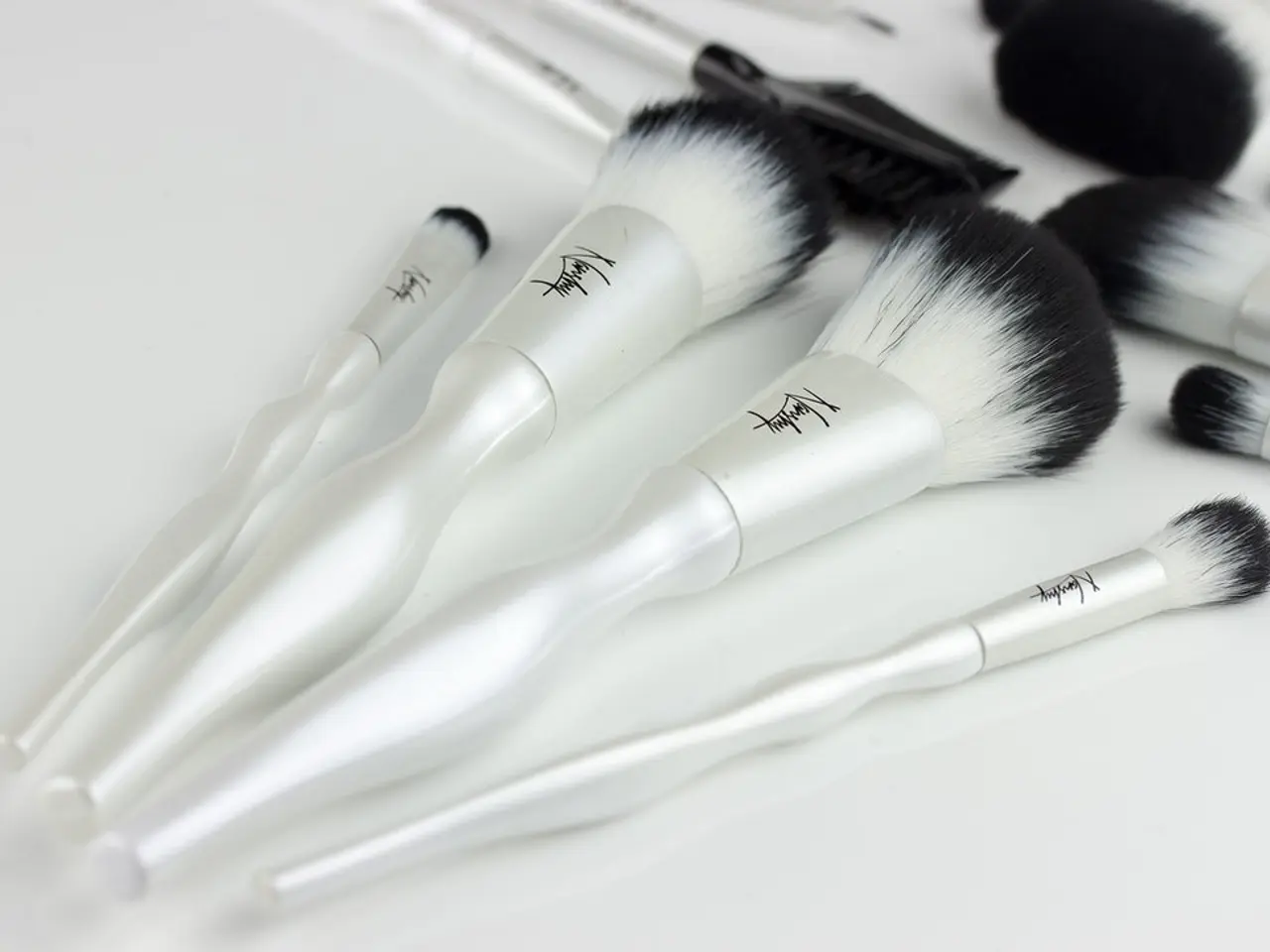Unmasking Cosmetic Surgery Addiction: Understanding the Link, Signs, Causes, and Treatment
Compulsive Cosmetic Surgery Use: Recognizing Symptoms, Root Causes, and Seeking Professional Assistance
Cosmetic surgery has become a popular choice for many seeking to enhance their appearance. However, for some, the pursuit of perfection can spiral into an addiction, leading to a myriad of physical, mental, and financial consequences.
According to a 2020 review, cosmetic surgery is often linked to a person's body image, self-esteem, psychologic factors, and individual tendencies [1]. Early detection of Body Dysmorphic Disorder (BDD), a mental health disorder characterized by obsessive preoccupation with perceived physical flaws, may lead to people receiving help sooner and improving long-term outcomes [2].
Cosmetic surgery addiction manifests as compulsive repetitive surgeries driven by distorted body image and psychological distress. Signs that a person may have an addiction include getting multiple procedures at the same time or one after the other, seeking multiple surgeons, feeling unsatisfied with results, a constant fixation on the next surgery, being unable to accept their body or appearance, having unrealistic expectations of surgery outcomes, and continuing cosmetic surgeries despite health risks or financial issues [1].
The causes of cosmetic surgery addiction often relate to underlying psychological conditions such as BDD. Social influences, including cultural ideals and social media, can exacerbate body dissatisfaction and fuel the urge for repeated cosmetic interventions [1][5].
Treatment options generally focus on psychological and behavioral interventions since cosmetic surgery addiction is a behavioral addiction. Cognitive-behavioral therapy (CBT) is effective in addressing compulsive behaviors and underlying issues like BDD. Other evidence-based psychotherapies can help manage urges and develop healthier coping mechanisms [1][3][5].
Risks associated with cosmetic surgery addiction include physical health risks from repeated surgeries such as complications, infections, and disfigurement. There are also significant mental health risks—worsening anxiety, depression, and social isolation. Financial problems often arise due to excessive spending on procedures [1][5].
A 2023 article notes that cosmetic surgery may worsen BDD and lead to further, unnecessary procedures and risks [4]. People may turn to drugs to try to solve untreated mental health problems related to cosmetic surgery or BDD [1].
Surgeons may help prevent cosmetic surgery addiction by asking potential candidates to fill out a questionnaire detailing how many procedures they have had previously and referring them to a mental health specialist if they have concerns [6]. Social pressure to meet certain beauty standards and social media may influence cosmetic surgery addiction [7].
Some research suggests there is a strong link between cosmetic surgery and self-esteem, particularly in relation to body image, while other research suggests little evidence to support a link between self-esteem and addiction to cosmetic surgery [8]. A potential risk from cosmetic surgery addiction is developing a co-occurring drug addiction, such as opioid addiction, due to prescription medications for postoperative pain management [1].
Treatments for cosmetic surgery addiction may include CBT, talking therapy, exposure and response prevention (ERP) therapy, support from loved ones, and medications to treat anxiety and depression [9]. Frequent social media use may contribute to unrealistic ideals for body image, resulting in comparison, insecurity, and anxiety about appearance [10].
Childhood trauma can increase the risk of developing BDD, which may lead to an increased likelihood of getting cosmetic surgery in young adulthood [11]. Using social media may affect how a person views themselves, with people more likely to undergo cosmetic surgery procedures if they have negative self-views when looking at social media, spend longer hours on social media platforms, or view material related to cosmetic surgery on social media [12].
Addiction to cosmetic surgery may result from insecurity or dissatisfaction about the way a person looks. Getting cosmetic surgery can turn into an addiction for people with BDD, as they continually seek to resolve their BDD with cosmetic procedures [1].
In summary, cosmetic surgery addiction manifests as compulsive repetitive surgeries driven by distorted body image and psychological distress. Effective treatment requires mental health interventions focusing on underlying disorders like BDD, while unmanaged addiction poses serious physical, mental, social, and financial risks.
- Cognitive-behavioral therapy (CBT) is an effective treatment for cosmetic surgery addiction, helping address compulsive behaviors and underlying issues such as Body Dysmorphic Disorder (BDD).
- Social media may contribute to unrealistic ideals for body image, leading to comparison, insecurity, and anxiety about appearance, potentially increasing the risk of cosmetic surgery addiction.
- The causes of cosmetic surgery addiction often relate to underlying psychological conditions such as BDD and self-esteem issues, exacerbated by social influences and cultural ideals.
- Using social media may affect how a person views themselves, with people more likely to undergo cosmetic surgery procedures if they have negative self-views when looking at social media, spend longer hours on social media platforms, or view material related to cosmetic surgery on social media.
- Treatment for cosmetic surgery addiction may include a combination of therapies (such as CBT and talking therapy), support from loved ones, and medications to treat anxiety and depression, in addition to referral to a mental health specialist.




